Black Sails
The first time I visited Greece, I spoke at a conference on the island of Santorini. On my last night there, I attended a reception aboard a boat owned by one of the event sponsors. Receptions and cocktail parties have never been my thing—the fear of making small talk with a bunch of strangers who expect me to be far more interesting than I am is always nerve-wracking.
While looking for a place to hide as we cruised around the Aegean Sea, I met a member of the boat’s crew who ended up giving me a history lesson on how that famous inlet of the Mediterranean got its name.
According to Greek mythology, after Crete defeated Athens in a revenge war, the Athenians became subjects of the Minoan Empire. As tribute, King Minos demanded that every nine years, seven Athenian boys and seven Athenian girls be sent to Crete to be sacrificed. They were offered to the Minotaur—a monster with the body of a man and the head of a bull—who lived in a twisting, inescapable Labyrinth.
Theseus, the son of Aegeus, King of Athens, decided to put an end to the bloody tradition. He took the place of one of the boys scheduled to be sent and set sail for Crete, vowing to kill the Minotaur. Before leaving, he made an agreement with his father: if he succeeded and returned safely, the ship would raise white sails. If he died, the sails would be black.
Theseus did what he set out to do. He killed the Minotaur and escaped the island. But in the excitement of his victory and the chaos of the return, he forgot to tell his crew to change the sails. As the ship approached Athens, black sails still flying, Aegeus saw them from the highest tower in the city. Believing his son was dead, he threw himself into the sea and drowned.
That story goes back more than two thousand years, but it echoes the same lesson Claude Shannon shared with the world in the 1940s through his Information Theory:
Signals deliver information. They don’t deliver meaning.
The signals in this story were black and white—literally. Not nearly as complicated as the ones we interpret every day in emails, headlines, facial expressions, policies, protests, and posts. A white sail meant Theseus was alive. A black sail meant he was dead. So how could it go so wrong?
It’s easy to blame Theseus. How do you forget the one thing you promised your father, especially something so important to someone who loves you? I don’t know. But I also don’t know what it feels like to kill a monster and escape from a deadly labyrinth. My guess is that after a day like that, adjusting the sails wasn’t top of mind. Maybe the promise to his father felt more like reassurance than a sacred pact—just something you say to ease the worry of someone waiting at home.
And Aegeus? He saw the signal and made one final, irreversible decision. He didn’t wait. He didn’t ask. He didn’t wonder what else it might mean.
I wish Theseus had remembered to change the sails.
I wish Aegeus had waited for the gangplank to drop.
I wish we all took a moment more often to ask, “Could this mean something else?”
We’d argue less. Assume less. Maybe even love each other more.
And every time I see the name of the Aegean Sea on a map, I think about how often the biggest mistakes come down to something small and avoidable—and how many times we’ve all been both the one who forgets the signal, and the one who misreads it.
Summary
“Understanding Signals vs. Meaning: Lessons from Greek Mythology for Modern Communication”
This article delves into the ancient Greek myth of Aegeus and Theseus to explore the crucial difference between signals and meaning in communication. Using the metaphor of black and white sails, it highlights how misinterpretation of signals can lead to disastrous outcomes, a concept echoed in Claude Shannon’s Information Theory. The story serves as a powerful analogy for modern communication challenges, emphasizing the importance of seeking clarity and understanding in today’s world of complex signals—from social media posts to corporate emails. By applying these lessons, we can improve our communication skills, avoid misunderstandings, and build stronger connections.
“The story of Aegeus and Theseus serves as a timeless reminder that while signals may convey information, they do not inherently carry meaning. In today’s complex communication landscape, from emails to social media, it’s crucial to remember this distinction. By questioning our interpretations and seeking clarity, we can avoid the pitfalls of miscommunication and foster stronger, more meaningful connections in both personal and professional settings. Just as ancient myths can guide our understanding, so too can these lessons help us navigate the complexities of modern communication.”
Keywords: Signals vs. Meaning, Greek Mythology, Modern Communication, Information Theory, Miscommunication, Human Connections, Business Growth, Signal Interpretation.
